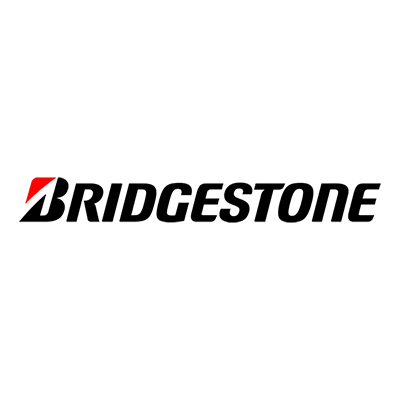

What type of manufacturing organization is looking for e-Learning solutions?
These could be organisations operating in heavy industry or light industry. Producing goods to sell B2B or direct to consumer.
What is the target audience for learning within these manufacturing organizations?
There are first and foremost the own employees that encompasses both blue- and white-collar employees. Due to the nature of the organisations, a lot of external user groups are also in scope when it comes to delivering digital training. Think about contractors that need to safely execute maintenance tasks on the site or visitors that need to be trained on basic procedures in case of emergencies.

“in an organization of this size – where you have 17,000 people who speak ten different languages, have different cultural backgrounds and work in different time zones – it is not easy and self-evident to share knowledge,’ she continues. ‘Specifically for e-Learning, we also found that there is a significant difference in digital maturity between blue-collar and white-collar employees. And people never have time to follow training courses, of course.”
At the same time, Bridgestone aims to foster and promote knowledge sharing across the organization so that people inspire each other and share best practices. “We found that many countries were developing similare-Learning modules, and we explore initiatives in order to share their best practices.”
Curious how they go about this? Read the customer case.
With FLOWSPARKS you can easily and quickly develop e-Learning in more than 30 languages. The didactic Learning Formats and templates make it possible to digitize their knowledge. This shortens the lead time for developing new modules, everything looks graphically perfect and the information is always accurate. So you achieve more in less time. See here how you can save up to 90% of your time when creating e-Learning.
Learning is not just about knowledge transfer. For a change in practice, you will also need to train skills and attitudes. The FLOWSPARKS authoring tool offers a wide choice of exercises and templates, each with a different learning goal in mind. By using this diversity in your learning program, you ensure that you achieve the desired situation in practice. Also, the digital training courses can be used to prepare for practical sessions
Create customized programs for individuals or certain job profiles. By giving modules deadlines and setting up blended learning programs, you have the flexibility you are looking for. The reports in the LMS give you insight into individual and group results. This makes you compliant and allows you to meet the demands of manufacturing organizations. In addition, the reports also provide insights for managers or, for example, the HR department of your organization.
Of course, many digital modules already exist on the topics covered within manufacturing. Therefore, combine self-developed content with existing content from external providers into one complete program. This saves time!
How easy would it be if you could use one module as a basis for other modules? With minor adjustments, a module can also be used immediately for other levels or job profiles. Think of an e-Learning module about privacy and patient data that, with minimal adjustments, is suitable for an engineer as well as a worker or cleaner.
Give everyone within the organization access to specific e-Learning modules or choose to digitize certain procedures into easy-to-learn modules. This is not only sustainable but also ensures that updates are always visible in real-time and you can easily make adjustments yourself.